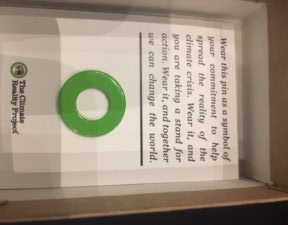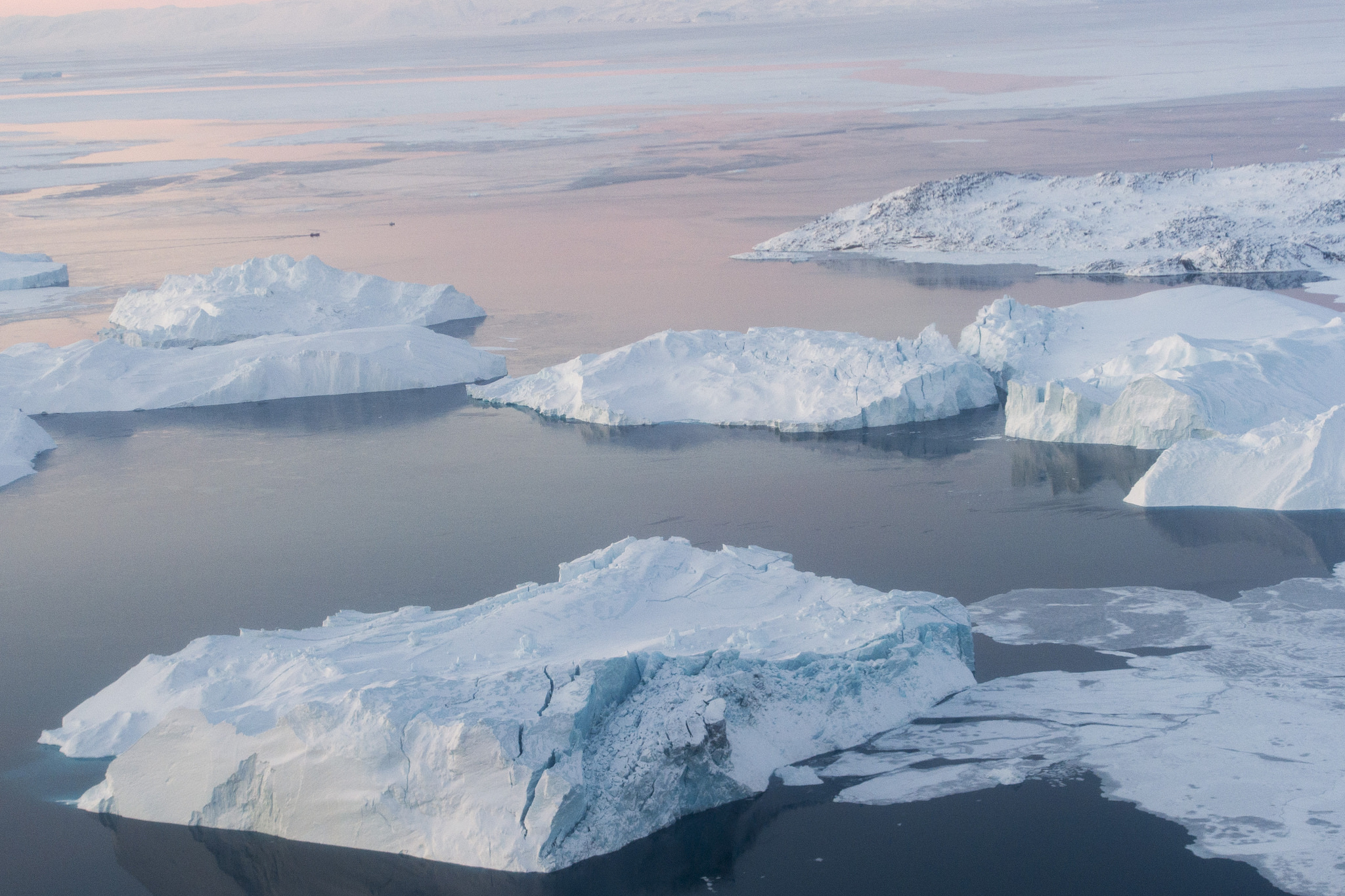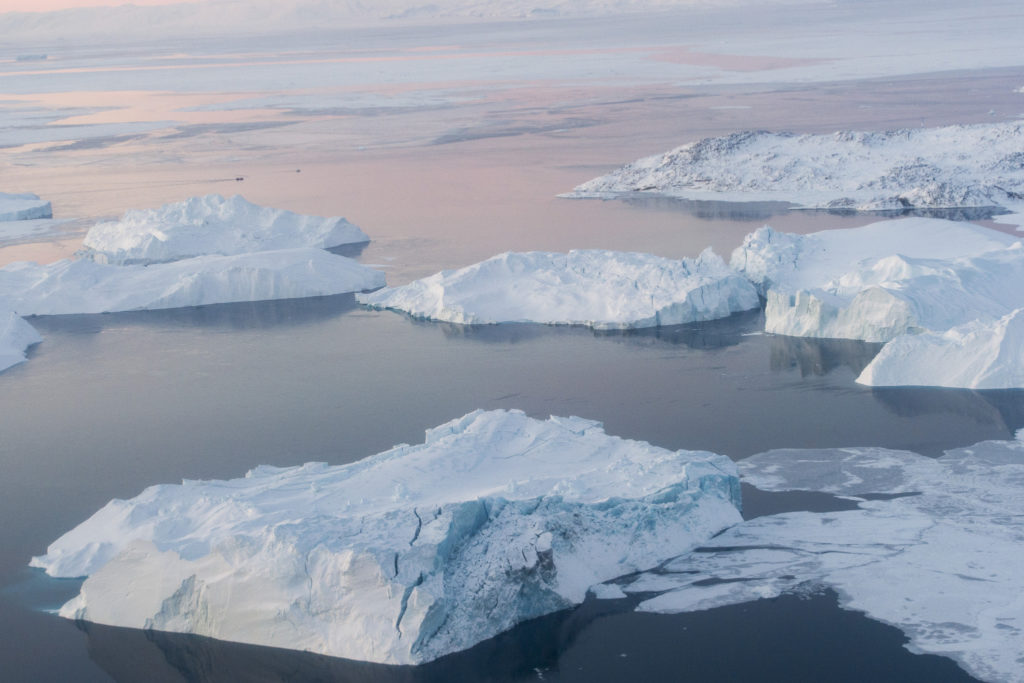With only 53 percent of Americans believing that climate change is occurring due to human activities and with a current administration in charge that is renowned for its environmentally-unfriendly policies, it is vital that the public increase its awareness and accountability around the issue.
Since 2006, The Climate Reality Project has trained nearly 12,000 people from 135 countries across the globe to be climate action leaders in their communities. The training is led by Former Vice President Al Gore, Founder and Chairman of the organization. Over the course of the three-day training, attendees learn the science of climate change, its tragic impacts, and the solutions that can help us tackle the crisis.
And so, as a communications professional who is dedicated to the health of the environment, I was fortunate to attend the 34th training of The Climate Reality Leadership Corps that was held last week in Denver. Together with 971 others who are committed to raising awareness and finding solutions to the climate crisis, I learned just how important good communications will be as we in our quest for a low-carbon future, providing the following tips:
Craft Your Message
When describing climate science, the impacts of climate change, or the solutions being developed every day, it is vital to have a clear, well-crafted message, especially when speaking with those who are skeptical of, or even deny, that climate change is real, caused by humans, and happening right now. Having a clear message can be the difference between a mature, educational conversation and one that is messy and unproductive. An informative and factual conversation can be achieved through a strong and effective message that is backed by research.
Know Your Audience
As with any form of communication, it is important that you know your audience and tailor your message to align with their concerns about, interest in, and familiarity with the subject.
For example, if you are having a conversation with someone who is concerned about the impact that switching to renewable energy could have on the job market, acknowledge their apprehension and provide information about the employment and economic impact of addressing climate change.
Make it Personal
Here at Teak, we often reference the quote “one death is a tragedy, a million deaths is a statistic” when developing communications strategies. The quote rings true, especially with climate change: people are more likely to be motivated to take action when they hear about one person who has been impacted, as opposed to a statistic about one community half a globe away.

The pin we received at commencement.
When making the case for climate action, share a personal story about how a changing climate has impacted you, or reference someone whose life has been affected by it. By bringing climate change down to a human level, you will capture your audience’s attention and harness an emotional response. The most effective climate change stories captivate audiences and pull at their heartstrings, whether its showing a polar bear stranded on a piece of ice in the Arctic or a family who has lost their home in an wildfire.
But, sharing your own story can help people relate to you. For me, my passion for protecting the environment started at a young age: I grew up on Cape Cod, spending most of my free time by the ocean or in the woods, instilling a deep appreciation for nature in me. I want every future generation to have the same opportunity, growing up enjoying all that our planet has to offer.
Despite the rising threats challenging the health of our environment, Vice President Gore is hopeful about the future of our planet. “We are going to win this struggle. There is no doubt about that,” he said at the training. And, I believe that this group of newly-certified climate leaders will be central to that movement.
Learn how to join the Climate Reality Leadership Corps and do your part to protect the planet here. If you’re interested in hosting a presentation on the climate crisis, contact Caitlin here.



